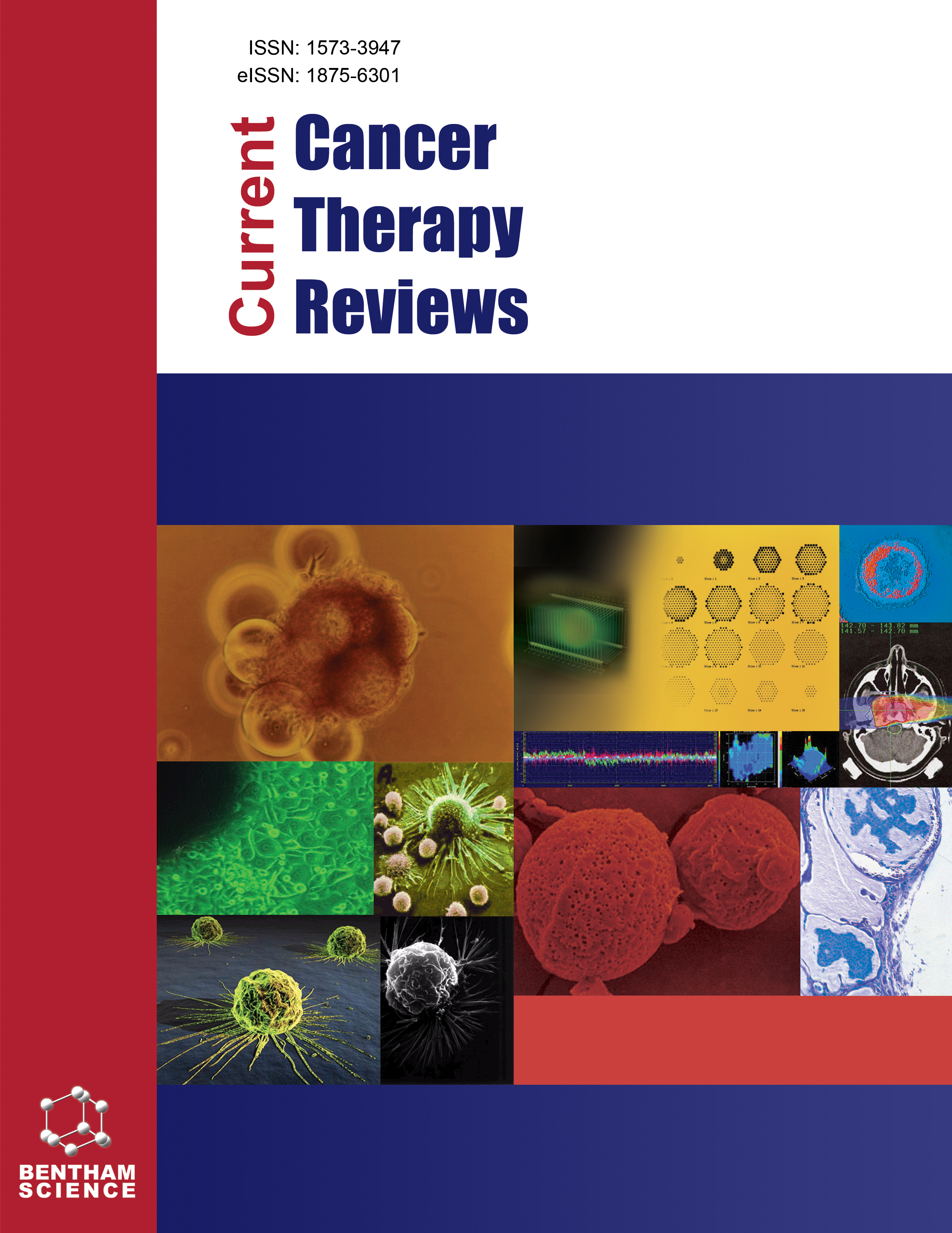
Full text loading...
Platelets are small anucleated blood cells that play a vital role in preserving the integrity of tissue because of their hemostatic properties. However, through their interactions with leukocytes, they also have important functions in immunological responses and inflammation. Platelets have an impact on the tumor's development and metastasis at different stages of cancer. They promote angiogenesis and metastasis by modifying endothelial activation, improving leukocyte migration to tumor locations, and changing inflammatory conditions. Patients with cancer frequently have aberrant platelet activity, which accelerates the progression of the illness. Tumor cells that penetrate the bloodstream stimulate platelets, which causes the tumor cells to take on a mesenchymal-like phenotype and widen the permeability of the endothelium. As a result, tumor cell-platelet emboli are created. In addition, platelets draw in myeloid cells, shield tumor cells from immunological reactions and shear stress, and aid in their extravasation into distant organs. Ultimately, growth factors derived from platelets help create micrometastatic foci. With an emphasis on current advancements in the area, this review clarifies the intricate mechanisms of platelet activation and their interactions with cancer cells.

Article metrics loading...

Full text loading...
References


Data & Media loading...

